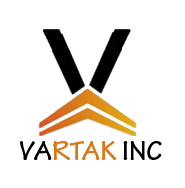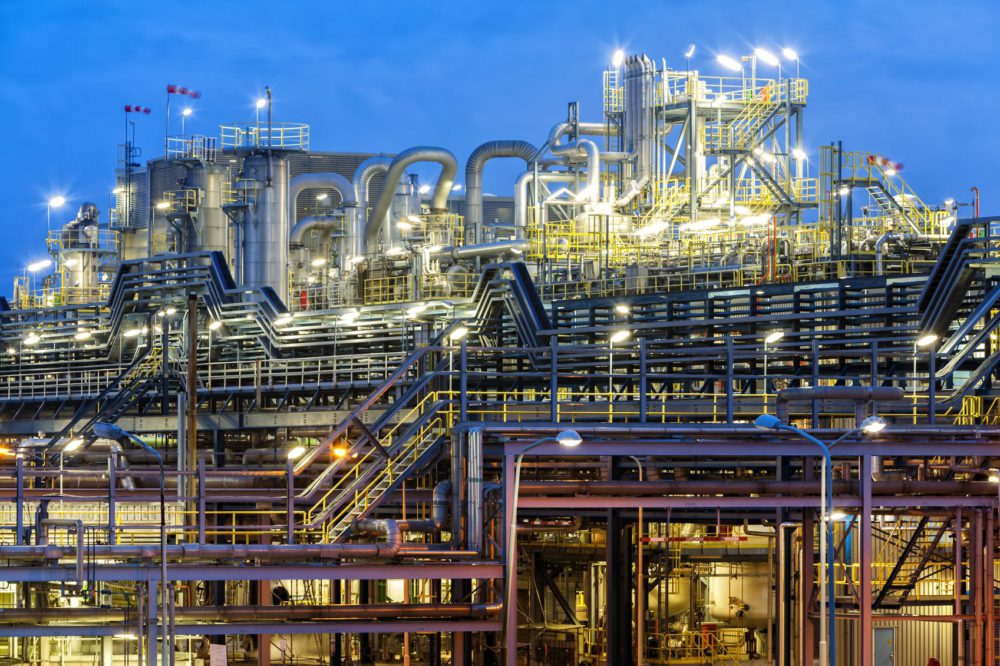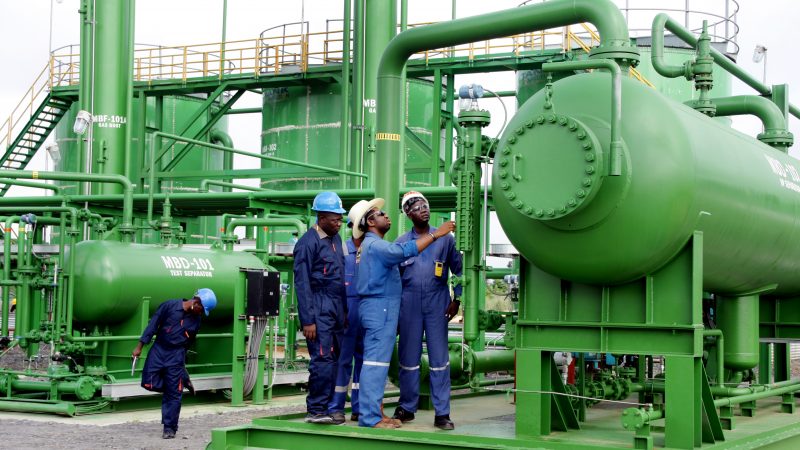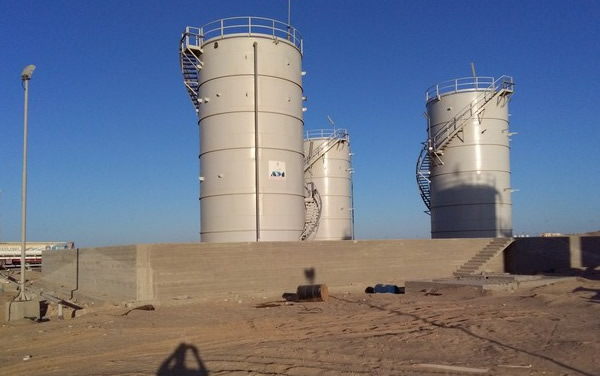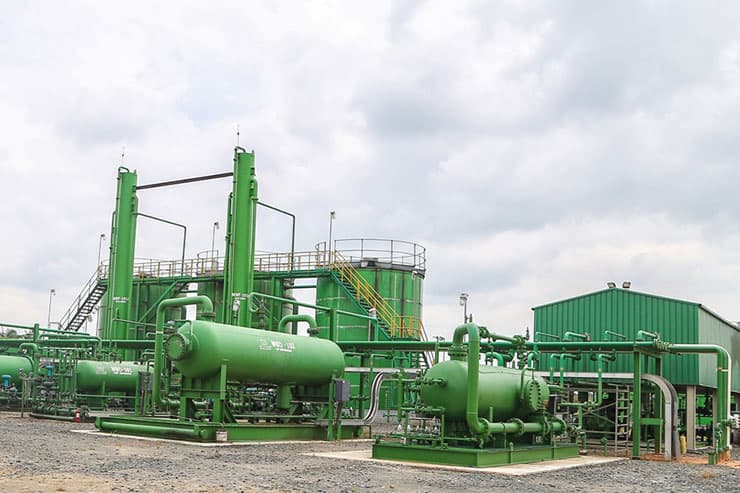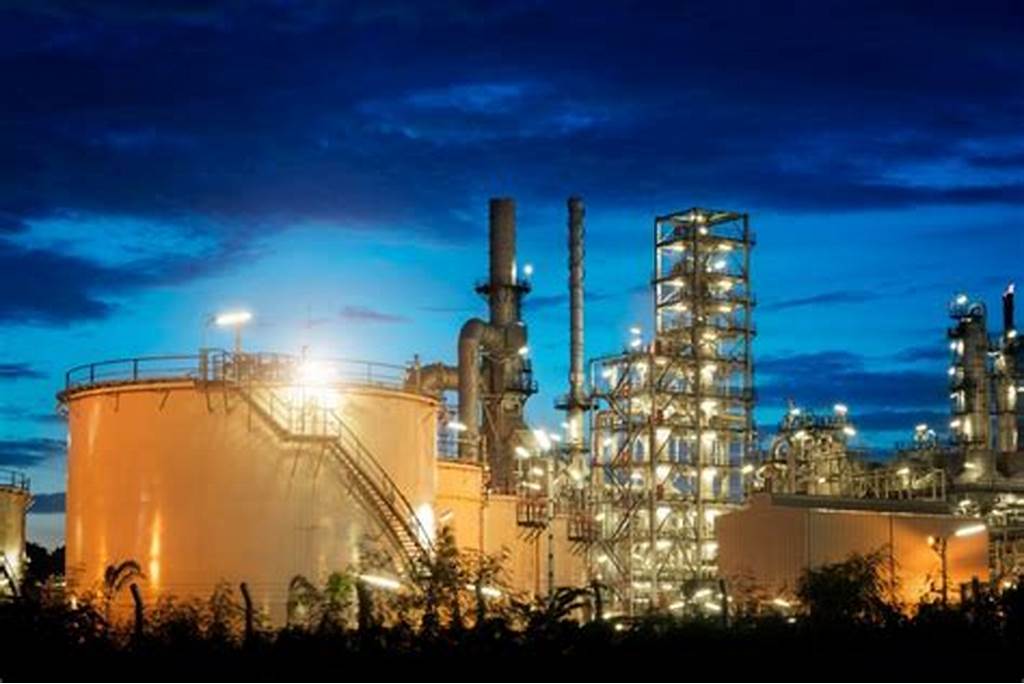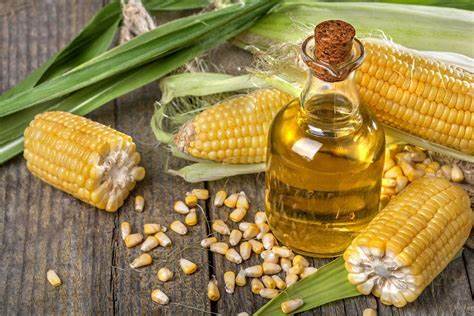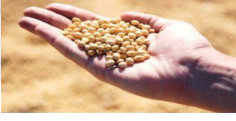Vartak Inc. work as an import, export, storage, transport, company in the field of Oil and Natural Gas, Petrochemical, Energy, other natural mineral resources and Financial products which is active and Under the management of managers with 35 years of experience. Vartak Inc. being in connection with different top refineries and suppliers all around the world. Vartak Inc. incorporated in response to the global energy challenges encountered in the Free Trade market & engages in the development of international business ventures using well-designed strategies in order to deliver successfully. Read More
VARTAK INC.
Import & Export Services
Our Terminals and Tank locations vary from small gathering sites and large corporation storage units all across the
Netherlands Rotterdam and Batumi, poti port Georgia pipelines and Fujairah, Hamriah, Khark, Abbas, Aktau port
Kazakhstan and China ports to the largest terminal in the world.
The size of the tank is determined by the design
requirements of pipeline and refinery customers.
We are continuing to grow significantly by adding new reliable buyers/marketers of our petroleum products and other
minerals, Adapting rapidly to changes & it will be our pleasure to have any safe and successful contract with the market.
Our Facilities
PRODUCTS
As one of the existing Seller here in world, Vartak Inc.
intentionally puts focuses towards financing, oil & gas and other
petrochemical related goods. We have renowned local and
international buyers (America, Russia, Europe, Persian Gulf
countries and Africa) and investment companies whom are affiliated
with us for over years now.
With their consistent support and
cooperation, we do stand firm in this field of business with great
honor and dignity. We are moving forward amidst inevitable
circumstances because we do believe in our unparalleled capabilities
and services. To elaborate on the products, here with you can find it
individually stated.
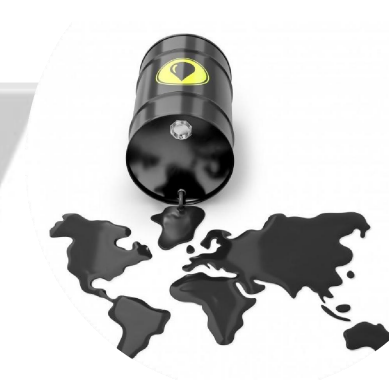
METHANOL
Methanol, also known as methyl alcohol
amongst other names, is a chemical with
the formula CH₃OH.
A polar solvent,
methanol acquired the name wood
alcohol because it was once produced
chiefly by the destructive distillation of
wood. Today, methanol is mainly
Produced industrially by hydrogenation of
Carbon monoxide.
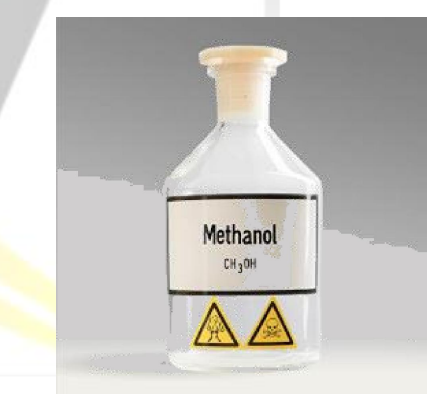
LIQUEFIED PETROLEUM GAS
Liquefied petroleum gas (LPG), also called LP gas,
any of several liquid mixtures of the volatile
hydrocarbons propene, propane, butane, and butane. It
was used asearly as 1860 for a portable fuel source, and
its production and
consumption for both domestic and industrial use have
expanded ever since.
A
typical commercial mixture may also contain
ethaneandethylene, as well as
avolatilemercaptan, an odorant added as a safety precaution.
LIQUEFIED NATURAL GAS
Liquefied natural gas (LNG) is natural gas (predominantlymethane, CH4, with some mixture of ethane, C2H6) that has been cooled down to liquid form for
ease and safety of non-pressurized storage or transport. It
takes up about 1/600th the volume of natural gasin
the gaseous state.
Liquefied natural gas (LNG)is natural gas tha thas been cooled
to a liquid state, at about-260° Fahrenheit, for shipping and
storage. The volume of natural gas in its
liquid state is about 600 times smaller than its volume in
its gaseous state. This process makes it possible to
transport natural gas to places pipelines do not reach.
Liquefying natural gas is a way to move natural gas
long distances when pipeline transport is not feasible.
Markets that are too far away from producing regions to
be connected directly to pipelines have access to natural gas because of LNG.
In its compact liquid form, natural gas
can be shipped in special tankers to terminals around the world.
CRUDE OIL
Crude oil is a naturally occurring,
unrefined petroleum product composed of
hydrocarbon deposits and
other organic materials. A type of fossil fuel,
crude oil can be refined to produceusable
products such as gasoline, diesel andvarious
forms of petrochemicals.
It is
a non renewable resource,which means that it can’
t be replaced naturally at the rate
we consume it and is therefore a limited resource.
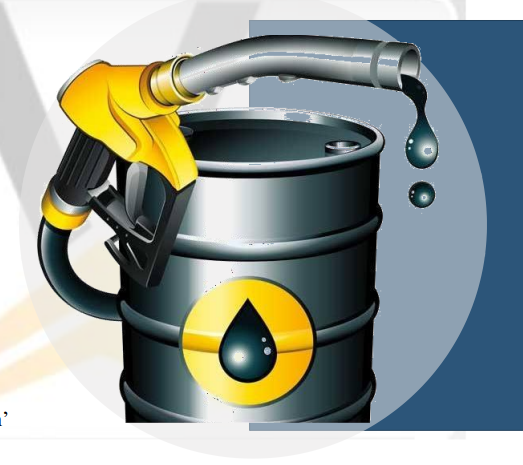
DIESEL OIL
Gas/diesel oil includes heavy gas oils. Gas oils are
obtained from the lowest fraction
from atmospheric distillation of crude oil,
whileheavy gas oils are obtained by vacuum
re-distillation of the residual from
atmospheric distillation.
• In the commercial and agricultural sector gas oil
is used for equipment such as
cranes, bulldozers, generators, bobcats,
tractors and combine harvesters.
• Gas oil is also often used by travelling
fair sand carnival stop ower their generators,and it’s also sometimes used in the
aviation industry to power jet engines.
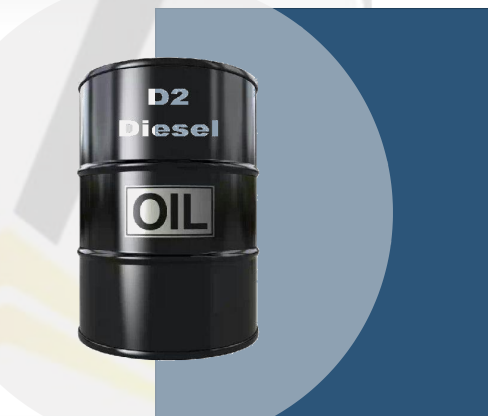
FUEL OIL
Fuel Oil is a fraction obtained
from petroleum distillation, either as adistillate
or a residue. Broadly speaking, Fuel Oil is
any liquid petroleum product, which is
burned ina furnace or boiler for the
generation of heator used in an engine for
the generation of power, except oils having a
flash point ofapproximately 40 oC (104 o
F). Fuel Oil is made of long hydrocarbon
chains, particularly alkanes, cycloalkanes
andaromatics.
The term Fuel Oil is also used
in a stricter sense to refer only to the
heaviest commercial fuel that can be obtained from crude oil, heavier than gas oil.
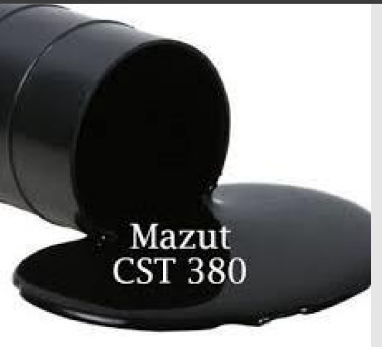
TRANSPORTATION & LOGISTICS
When it comes to managing the logistics of oil and gas,
safety and efficiency are the greatest concerns. At
Vartak Inc,we have extensive experience of
providing specialized logistic services for this industry.
We
offer comprehensive management concepts
and flexible solutions for all kinds of support needed.
At Vartak Inc, we recognize the
very specific needs and oftentime restrictive requirements of
our oil and gas customers. Our operators and management have
a keen eye forthe "need for speed" and the
requirement for reliable and compliant delivery services in often difficult and hostile environments.
With the deployment of heavy machinery in remote
locations and short delivery times, the
oil and gas sector presents very specific challenges to any logistics f
irm, reason enough for VartakInc.
to provide our customers in this segment with their own unit of experienced specialist staff. We can help streamline logistics processes,
reduce costs, and add value at every phase of your supply chain.

TRUCK TRANSPORTATION
Truck–
while the most limited oil transportation method in terms of storage capacity, trucks
have the greatest flexibility in potential
destinations.
Trucks are often the last step in the
transport process, delivering oil
and refined petroleum products to their intended storage destinations, trucks allow a
rational and cost effective way to deliver
the fuel to the consumers.
Common sizes of their tanks range
from 400up to 7,500US gallons.
RAIL WAY TRANSPORT
Moving crude from its source to the refineries around the nation can also be
efficiently done by rail.
Although this was
first considered to be a sto pgap technique
until pipelines could be built, it has
developed into a popular transport method.
Some of the benefits of railway transport
include:
- Low Cost Set Up
- Short Construction
- Time Fleet Resources
- Shorter Transit Times
- Quick Response to Market Fluctuations.
MARITIME TRANSPORTATION
Another good way to move fuel from one location to another is via ship or barge.
There are plenty of barges transporting gas
and oil inland along rivers and via oceans,
such as along the Persian Gulf and
Rotterdam, to Fujairah, and to other safe
gulfs whole the world.
Some of the pluses of
using ships to transport petroleum include:
- In expensive
- Flexible Water
- Ways Large
- Capacities
- Multiple Barges Available.
OIL SWAP
Crude oil that is gathered from its source at well heads can be moved to processing plants, tankers, and refineries via pipelines. There are several benefits to the pipeline technique, including:
- Safety
- Energy Efficient
- Convenience.
STORAGES
Oil storage is part of the midstream sector of the oil industry. Oil is first extracted upstream from companies that conduct the exploration and production.
The midstream sector involves the transportation, storage, and wholesale marketing of petroleum products following extraction. Oil storage is a
means of collecting products before being distributed down stream to refineries and retailers. Down stream operations might also use storage tanks to collect oil for further processing and marketing.
Vartak Inc has acquired a fleet of partners to ensure that the
increasing demand of petroleum and petrochemical products currently in Europe is met.
This has made us unique and
hence we provide a one stop service company to all our clients and partners. We corporate with tank storage companies and offices or departments in 17 different countries worldwide, providing a consistent supply of
petroleum and petrochemical products through our logistic department to our partners worldwide.
By storing by products, refined petroleum and petrochemical products, raw materials, equipment and other utilities of the oil and gas industry in
materials useful to the society, Vartak Inc makes a significant contribution to the supply chain, and quality of petroleum and petrochemical products stored at our tank farm and the rational use of natural resources and environmental protection.
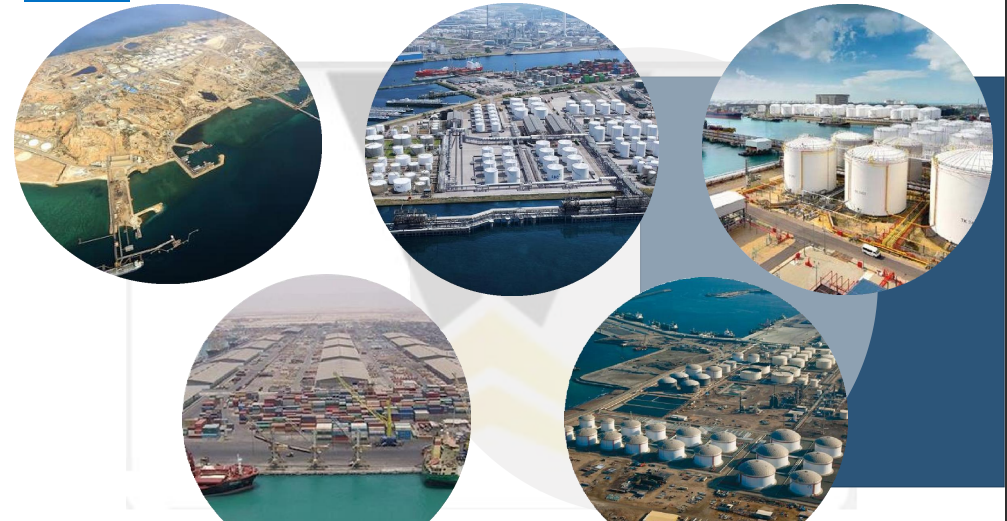
VARTAK
Funding Services
“We provide loans at a low and competitive interest rate and also a flexible term to companies and individuals to augment working capital and also fund re-creative on good projects.” In partnership with an investment company currently managing institutional and private investors 1 billion Euro clear bond as a globally certified finance/investment portfolio management firm and a consultant to the International Finance Corporation (IFC).
Our analyses and evaluations are based on scientifically sound principles and models.” We advise and assist institutional investors in the planning, implementation and monitoring of their assets. We can cater to the most varied needs by providing services custom-tailored to suit each client within our funding policy in line with international financial regulatory policy.
